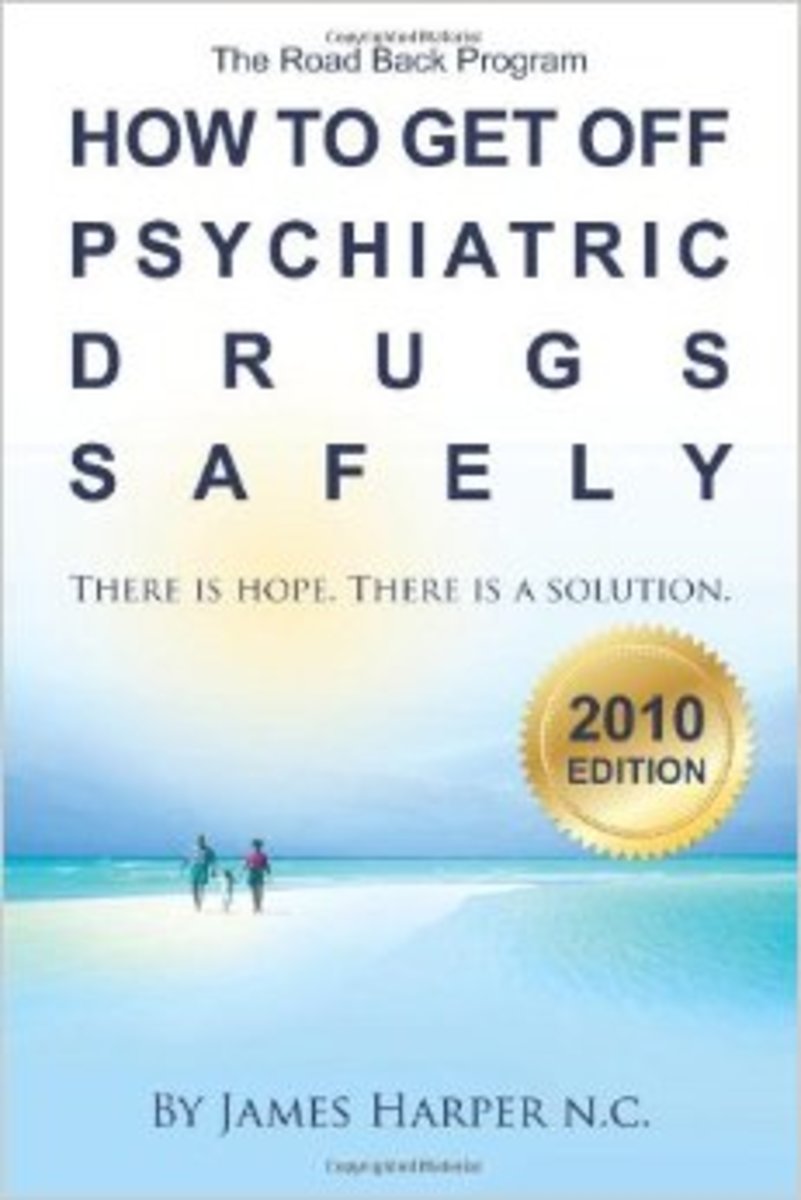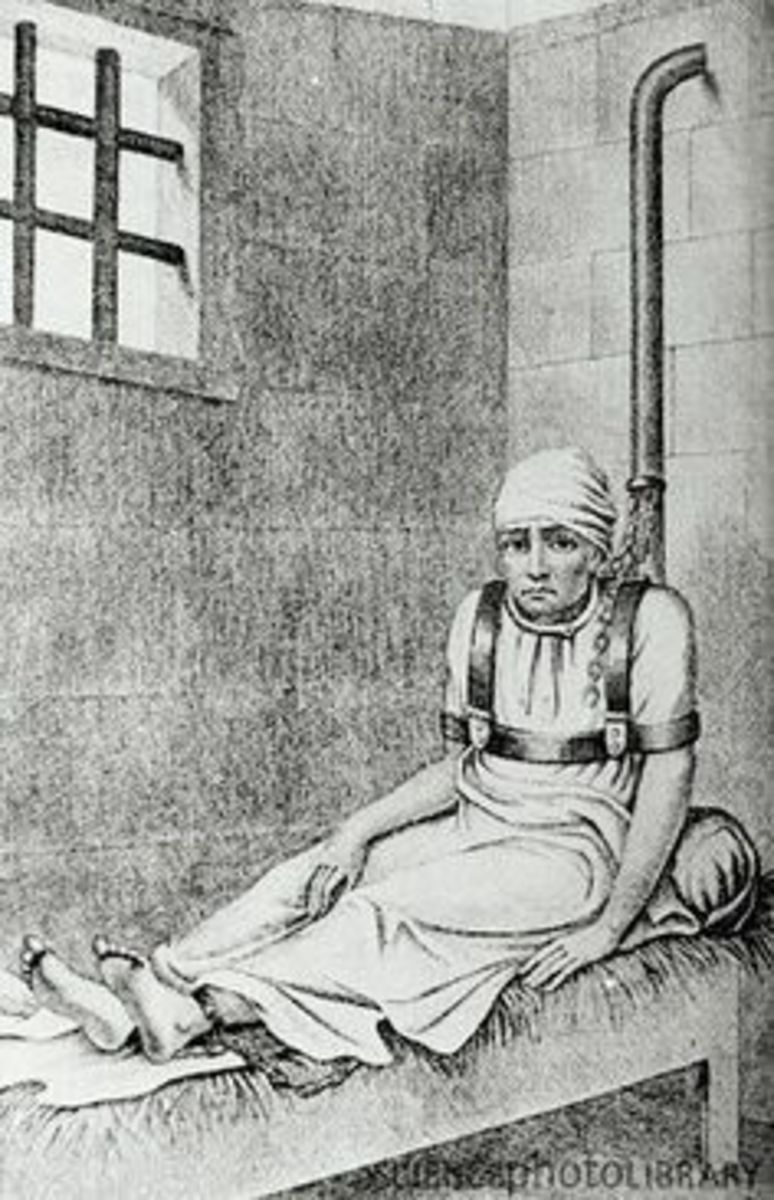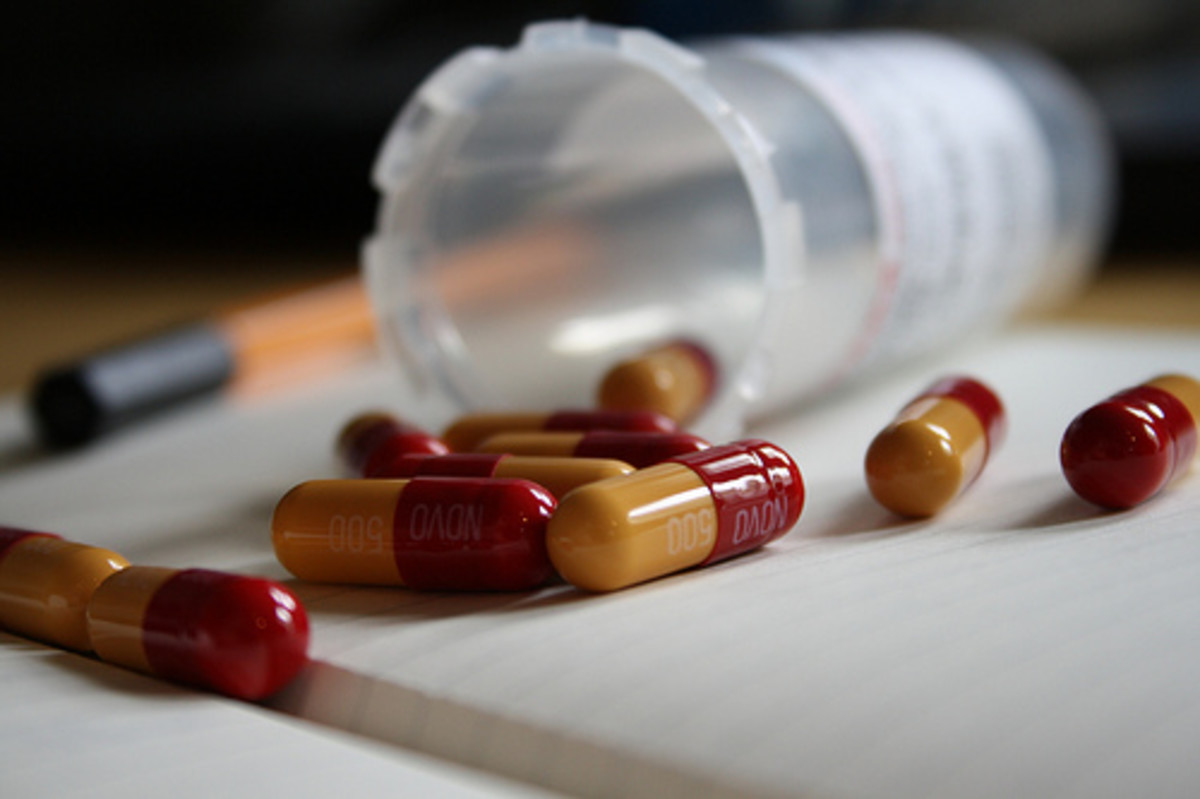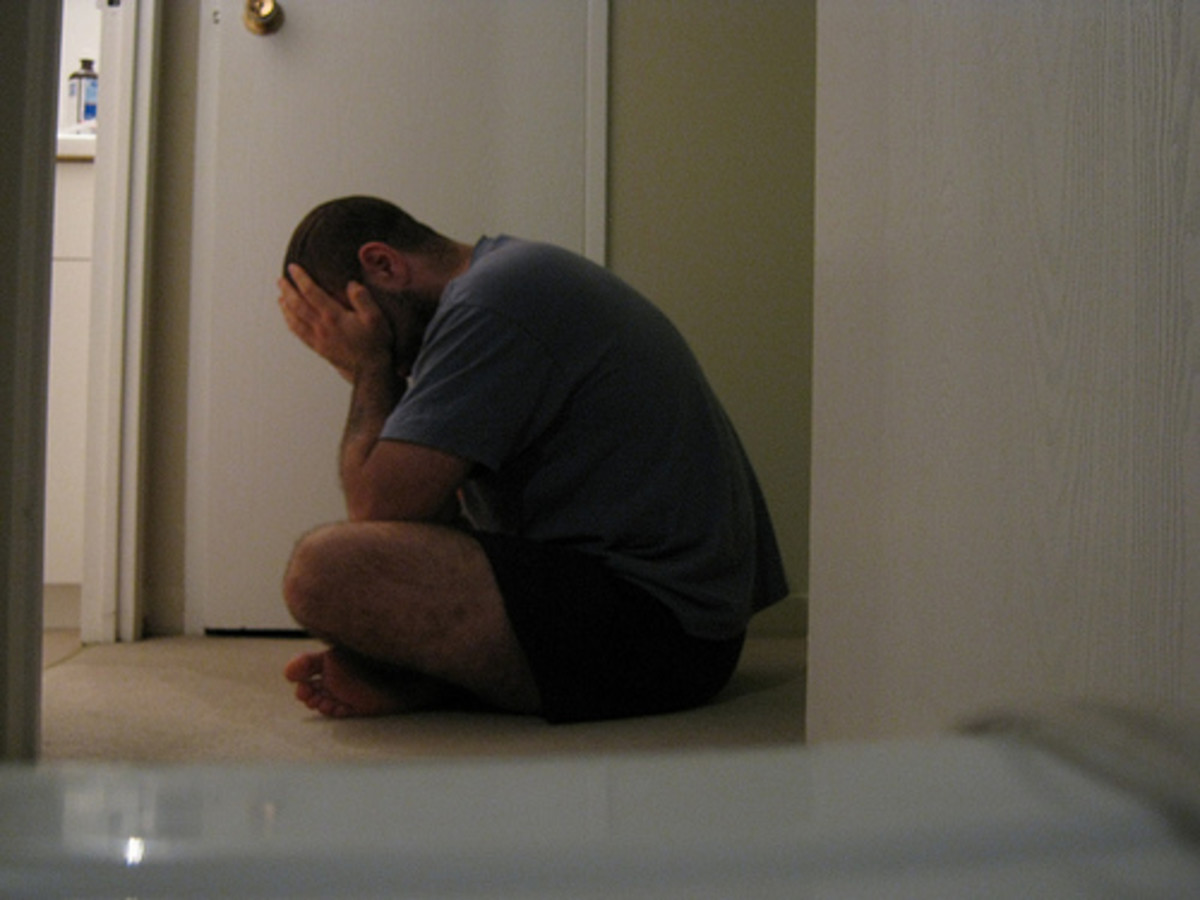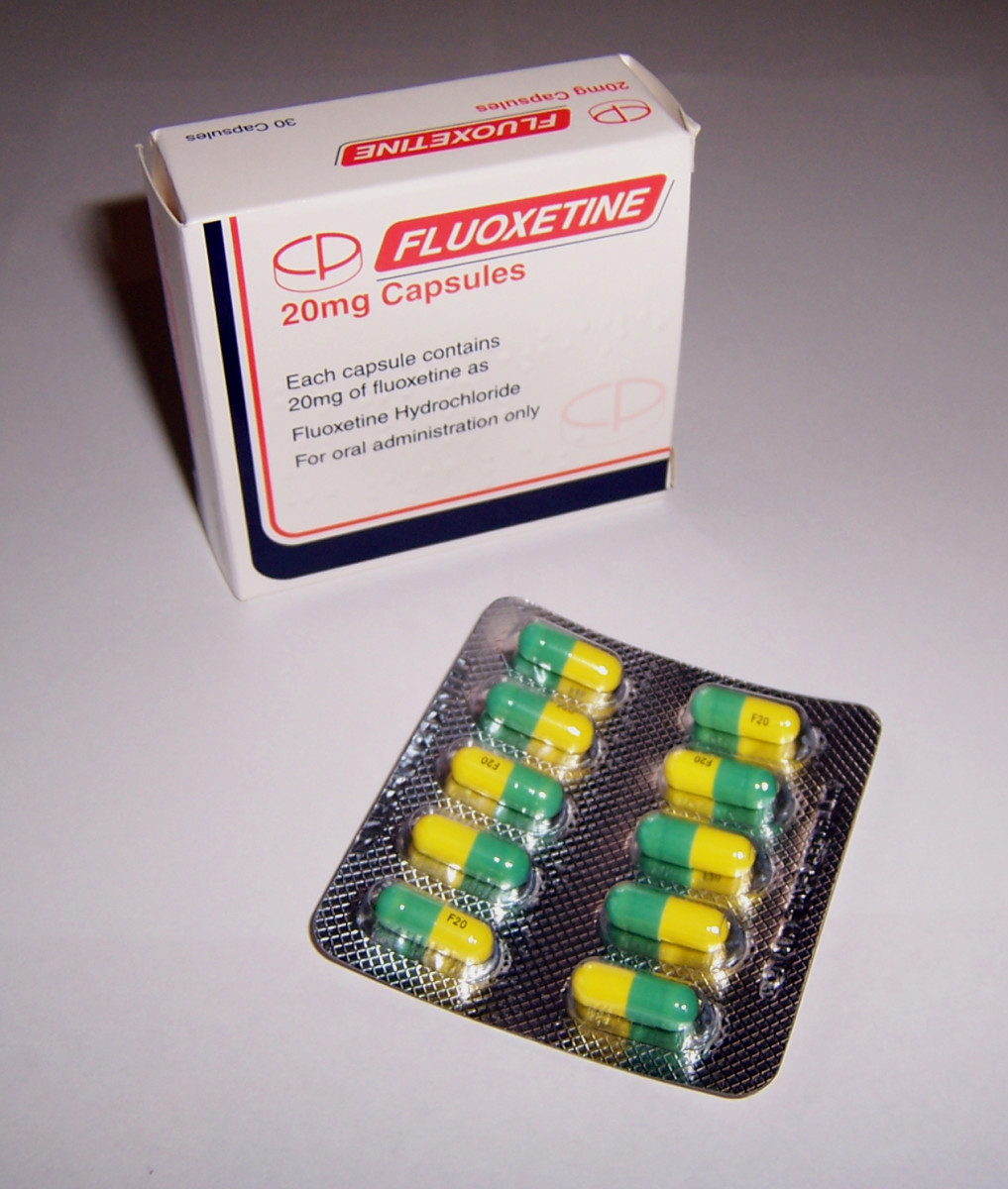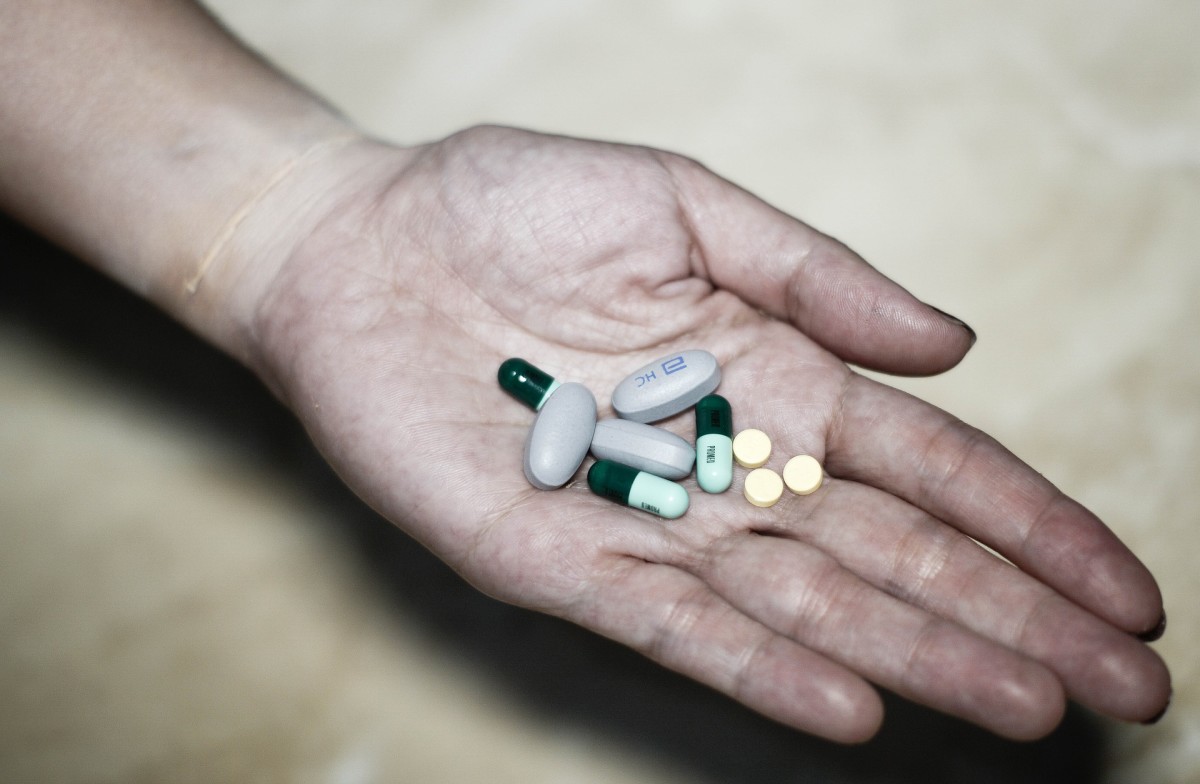Scopolamine: A Rapid Responding Antidepressant
Depression Treatment
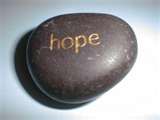
Promising Research
If you have heard of Scopolamine at all, you have most likely heard of it being used for motion sickness and as a sedative. And if you are familiar with the use of antidepressants, you know it typically takes three to four weeks before any improvements in mood symptoms can be detected.
If you are a person with severe symptoms or are caring for a patient or a loved one with suicidal thoughts and behaviors, three to four weeks is a long time to wait. Sometimes several medication trials are necessary to find the medication(s) that work, since responses vary from person to person, and due to differences in how different antidepressants work. It can take months to achieve satisfactory relief of symptoms. Most people will have given up by then, and are even more hopeless about getting better than they were before.
There are an estimated 30-40 percent of depressed patients who do not respond at all to antidepressants. Half of the people in the United States who are diagnosed with depression, are not receiving treatment at all, according to a recent study.
Antidepressants have already played a significant role in relieving depressive symptoms that historically were considered untreatable. Before antidepressants, a person with depression was all too often housed in a mental institution, and sometimes treated with harsh, primitive treatments that were not successful in alleviating symptoms.
Current research efforts have been focused on finding new medications that work differently from the current ones, that might be effective for the 30-40% of patients who are not helped by current antidepressants, and that act more quickly than the current ones. A recent clinical trial confirmed results from earlier research, and showed that scopolamine could alleviate symptoms of depression within days. The study was small and additional studies will need to be done, but the findings suggest that a different class of medication has the potential to provide rapid treatment of depression.
Most antidepressant medications target serotonin, a neurotransmitter in the brain that is known to play a role in mood symptoms. There has been previous research that has suggested that other neurotransmitter systems play a role in depression, but serotonin has been considered to be more central in the development of depression. Scopolamine interacts with cell receptors for the neurotransmitter, acetylcholine.
The recent study was an attempt to repeat the results of an earlier study showing that scopolamine worked to relieve depressive symptoms quickly in patients with major depressive disorder or bipolar disorder. The recent study focused on people with major depressive disorder, and involved administering scopolamine or a placebo intravenously. Neither the patients nor the clinicians administering the medication knew who actually received the scopolamine.
The patients who received scopolamine reported positive effects by the time they returned for their second dose 3 to 5 days after their initial dose, and test scores measuring depressive symptoms declined 32-53% after three treatments. Some of the patients experienced complete remission of depressive symptoms. While it was a small study, 64% of participants achieved 50% reduction in symptoms by the end of the study.
Side effects of scopolamine include drowsiness, dry mouth, light headedness, and blurred vision. These symptoms typically resolve within hours. The antidepressant effects lasted weeks after the medication was no longer in the bloodstream. When used for motion sickness, the scopolamine is administered in smaller doses, which explains why the antidepressant effect hadn’t been noticed earlier. The study will need to be repeated in larger groups, and more practical ways to administer the medication, rather than intravenous, need to be developed. Additional research on exactly how the drug works and on developing new medications is needed. It will likely be several years before scopolamine will be developed and used as an antidepressant.
Depression is costly both to individuals and to society, and is painful. It is a leading cause of disability, and a significant risk factor for suicide – the 11th leading cause of death in the United States. The possibility of a rapid treatment will render hope to persons who are experiencing a disease that includes hopelessness as a symptom. The need for a rapid treatment for depression is an urgent one.
References
Drevets, W.C. and Furey, M.L. Replication of scopolamine's antidepressant efficacy in major depressive disorder: a randomized, placebo-controlled clinical trial. Biological Psychiatry 67:432-8, 2010.
Furey, M.L. and Drevets, W.C. Antidepressant efficacy of the antimuscarinic drug scopolamine. Archives of General Psychiatry 63:1121-1129, 2006.
NIMH Science News
Dangerous Misuse of Scopolamine
- Scopolamine, burandanga and the borrachero tree
Drug Turns Crime Victims Into ZombiesBy Phil Stewart
- Medicine: Scopolamine Confession - TIME Monday, Nov. 18, 1935
Scopolamine is a hypnotic drug made from henbane. As scopolamine hydrobromide solution it is widely used for inducing twilight sleep at childbirth, for quieting maniacs, drug addicts,...

